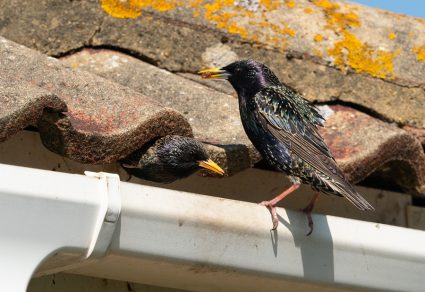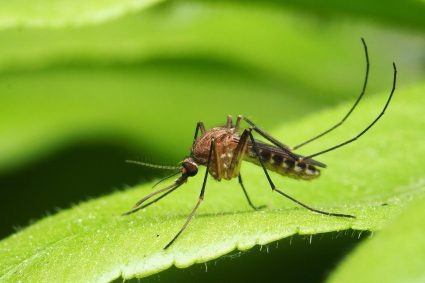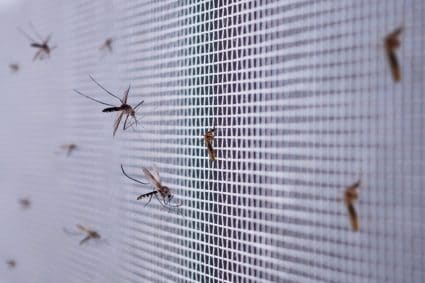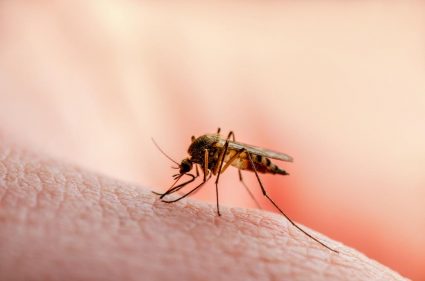
Skunks are notorious for their pungent, eye-watering spray, which they use as a defense mechanism against perceived threats. While it’s impossible to stop a skunk from producing this odor, there are ways to prevent, neutralize, and remove the smell if you or your belongings have been sprayed. In this comprehensive guide, we’ll explore everything you need to know about skunk smell, debunk some common myths, and provide practical tips on how to handle a skunk encounter.
While it’s impossible to stop a skunk from producing its odor, you can prevent a skunk spray by making your property less attractive to skunks and understanding how to behave if you encounter one. This includes removing food sources, using repellents, installing motion detection sprinklers and night lights, and maintaining a clear perimeter. If you or your belongings have been sprayed, act quickly to minimize the smell by removing the source of the odor, ventilating the area, and cleaning the affected area with a special solution.
Understanding The Skunk’s Smell
Skunks produce their distinctive odor from a spray that they emit from two glands located on each side of their anus. The spray is a thiol, an organic compound where sulfur is one of the main components. This sulfur compound gives the skunk’s spray its rotten egg scent, which can be smelled up to half a mile away and can linger for days to weeks. Their spray can also cause stinging of the eyes, temporary blindness, and nausea.
Before resorting to their potent spray, skunks often give warning signs such as stamping their feet, charging, or doing handstands. If these warnings are ignored, the skunk will aim and spray their scent with impressive accuracy, hitting targets up to 10 feet away.
Effective Methods to Prevent Skunk Spray
Preventing a skunk spray involves making your property less attractive to skunks and understanding how to behave if you encounter one. Here are some effective methods:
- Remove Attractants: Secure your trash, remove food/water sources, control rodents, and close off potential shelters.
- Use Repellents: Use substances such as pepper sprays, ammonia, and commercial repellents that irritate a skunk’s senses.
- Install Motion Detection Sprinklers: These can detect the movement of a skunk and release a burst of water, scaring them away.
- Install Night Lights: Skunks are nocturnal creatures and are sensitive to light. Having lights around your property can disrupt their routines.
- Maintain a Clear Perimeter: Keeping your yard clear and open can make skunks feel exposed, making it less appealing for them to approach.
- Secure Garbage: Skunks are opportunistic foragers and will climb inside or knock over garbage cans to get to the food inside.
Immediate Steps To Minimize Skunk Smell
If you or your belongings have been sprayed by a skunk, act quickly to minimize the smell.
- Remove the source of the odor: Remove any clothing or items that have been directly sprayed.
- Ventilate the area: Open windows and doors to allow fresh air to circulate.
- Clean the affected area: Use a solution of 1 quart of 3% hydrogen peroxide, ¼ cup of baking soda, and 1-2 teaspoons of liquid dish soap to neutralize the smell.
- Wash fabrics: Wash clothing or other washable fabrics with a regular laundry detergent mixed with 1/2 cup baking soda in hot water and air dry.
- Clean hard surfaces: Mix one cup of bleach with one gallon of water and apply it to the area where the skunk sprayed.
Debunking Myths About Skunk Smell
There are several misconceptions about skunk smell. Let’s debunk some of the most common ones:
- Myth: Tomato juice removes skunk smell. Fact: Tomato juice does not remove the skunk smell. It simply masks the odor temporarily.
- Myth: Skunks are needlessly aggressive and will spray automatically. Fact: Skunks are not aggressive and only spray when they feel threatened.
- Myth: An immediate shower will remove the skunk smell. Fact: Skunk spray is oil-based, so water won’t wipe it off.
In conclusion, while it’s impossible to stop a skunk from producing its odor, there are ways to prevent, neutralize, and remove the smell if you or your belongings have been sprayed. With the right knowledge and precautions, you can avoid a smelly encounter with a skunk.
Frequently Asked Questions
What do I do if my pet gets sprayed by a skunk?
If your pet gets sprayed by a skunk, it’s important to act quickly. Use a solution of 1 quart of 3% hydrogen peroxide, ¼ cup of baking soda, and 1-2 teaspoons of liquid dish soap to clean your pet. Be sure to avoid getting the solution in your pet’s eyes, nose, or mouth. After thoroughly working the solution into your pet’s fur, rinse it off with warm water. Repeat the process if necessary.
How can I tell if there are skunks living on my property?
There are a few signs that could indicate the presence of skunks on your property. You may notice small, cone-shaped holes in your lawn or garden, which are a result of skunks digging for grubs. Skunks also leave behind distinctive tracks with five toes on each foot. And, of course, a strong, pungent odor is a sure sign of a skunk presence.
Can skunks climb fences or walls?
Yes, skunks are capable climbers and can scale fences or walls that are less than 3 feet high. However, they are not as adept at climbing as some other animals, so a higher, smooth fence without easy footholds can be an effective deterrent.
Can skunks spray more than once?
Yes, skunks can spray multiple times. However, it takes a skunk about 10 days to replenish its supply of spray after it has been depleted.
Is skunk spray harmful to humans?
While skunk spray is not typically harmful, it can cause temporary blindness and severe discomfort if it gets in your eyes. It’s also possible to have an allergic reaction to skunk spray, although this is rare. If you or someone else is sprayed in the face by a skunk, it’s important to rinse the eyes with plenty of water and seek medical attention if symptoms persist.











